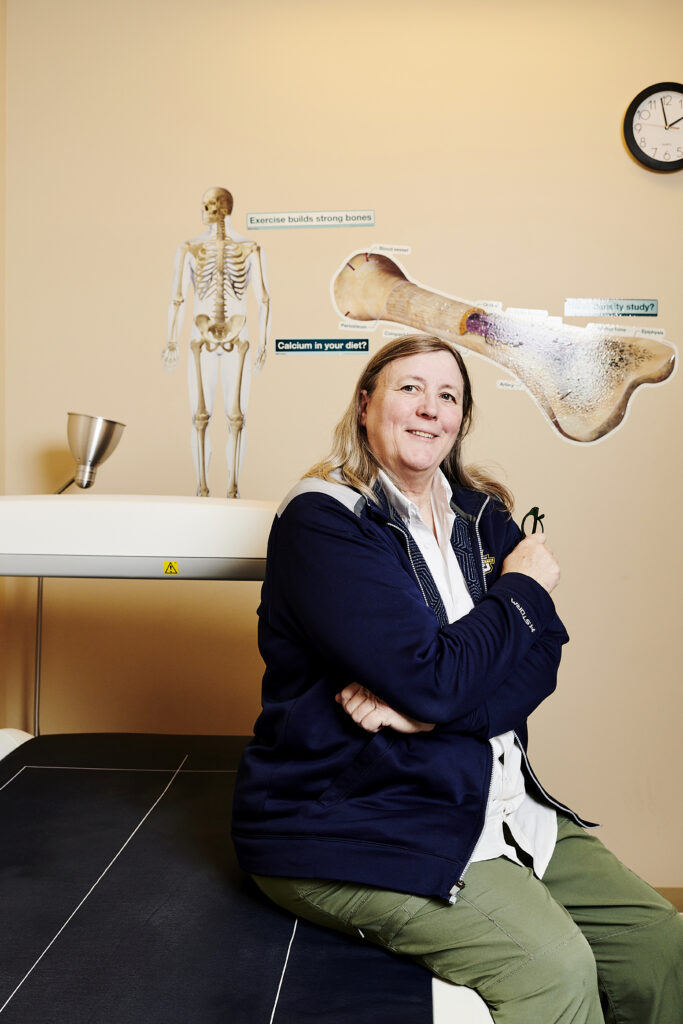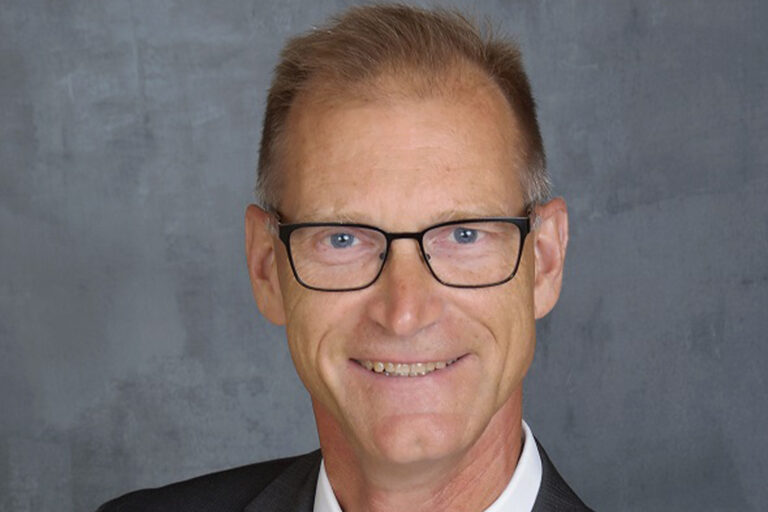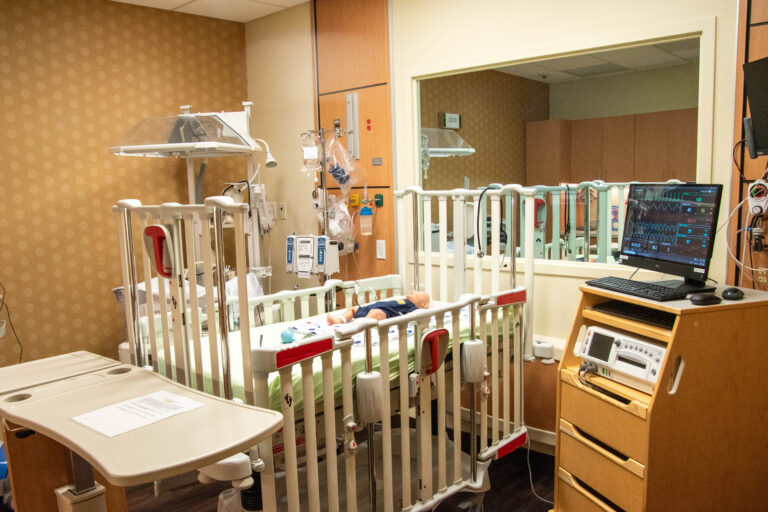
This story is a part of a larger series about College of Health Sciences faculty’s work outside the walls of the university and in the Milwaukee community. Read the full series here.
If you’re a man in the United States, you have a one in eight chance of getting prostate cancer at some point in your life. It’s usually treatable — but the odds aren’t favorable for everyone.
Studies show Black men are nearly twice as likely as white men to get prostate cancer, and more than twice as likely to die from it. But those stark statistics may not be inevitable, says Dr. Paula Papanek, PT ’99.
Papanek, professor and director of the Exercise Science program, is helping lead a program called Men Moving Forward. It’s exploring how simple, targeted lifestyle changes could increase the chances of remission for Black men who’ve had prostate cancer. The program is part medical study, part lifestyle intervention, Papanek says, and it’s based on recent evidence that shows simple changes in diet and exercise can have a significant effect on cancer patients, including lowering the odds of the cancer recurring.
“As we got more and more cancer data, we were able to make the statement that an active lifestyle reduces your all-cause morbidity and mortality, including from cancer,” she says.
Men Moving Forward pairs prostate cancer survivors with physical trainers, nutritionists, chefs and others who teach skills like workout routines and healthy meal planning. They’re paired with a control group that gets information on a healthy lifestyle, but doesn’t get any personal attention, and then compared after 16 weeks. The members of the control group then have the option to take part in the active intervention as well. More than 100 men, of a planned 175, have already gone through the program, Papanek says.
The impact on the participants can be dramatic, Papanek says, not just on their health, but on their outlook as well. There was the man who hadn’t told anyone about his diagnosis until joining the group. The veterans who found a sense of camaraderie they hadn’t felt since their time in the military. The men who showed up at another participant’s funeral after he died of COVID-19.
“We now use some of the guys as recruiters, because they’ve become evangelists, so to speak,” Papanek says.
The research team is already beginning a similar program with breast cancer survivors, and Papanek says the team plans to move to people with metastatic cancer next. Past cancer programs had largely ignored people with metastatic disease because it was thought little could be done for them. New cancer drugs are changing that and making it imperative to focus on quality of life for those with metastatic cancer, Papanek says.
There are people out there “whose life we can impact now, right now, today, and that’s powerful,” she says.


